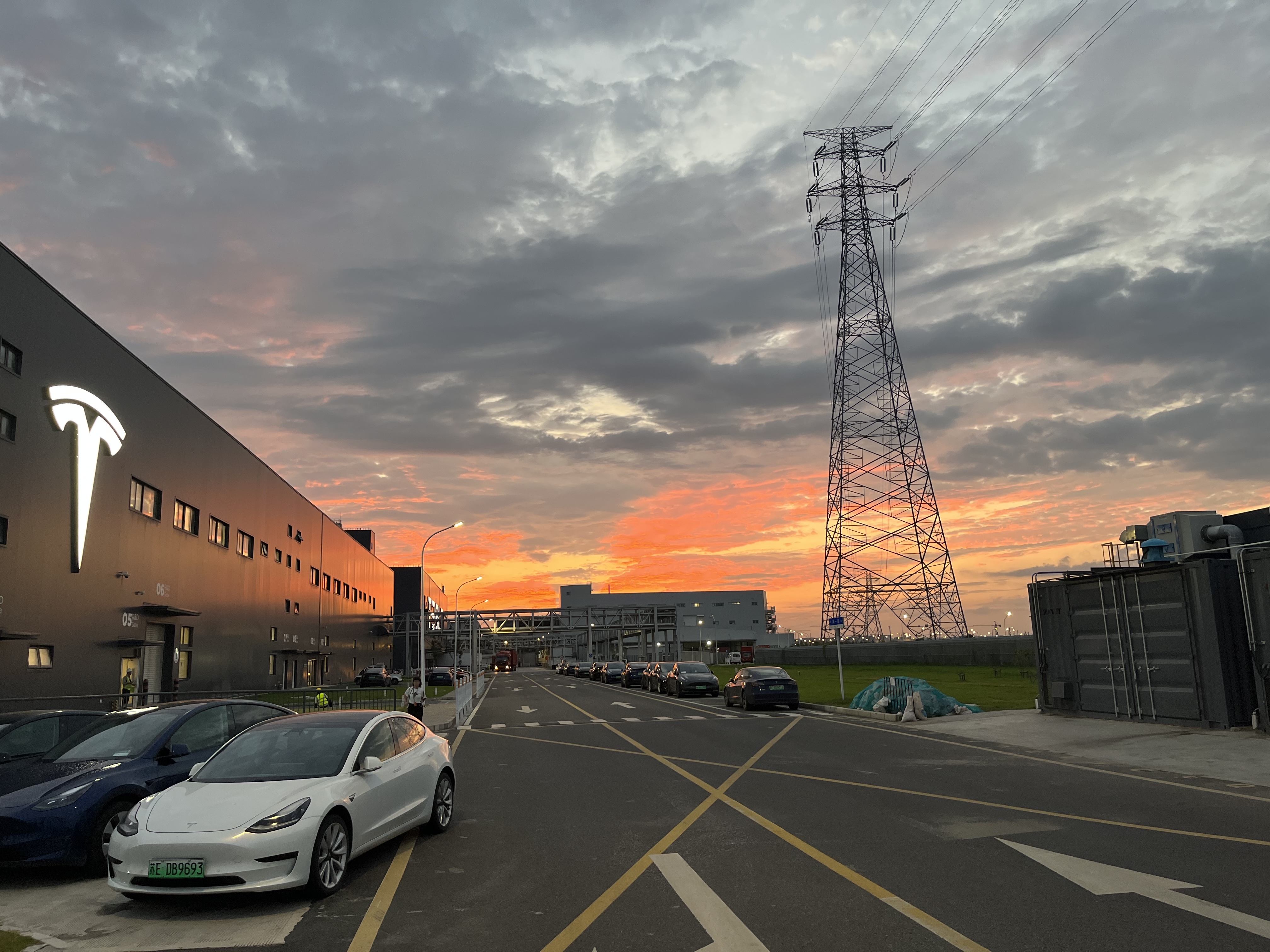Recently, the U.S. courts rightly rejected Elon Musk’s $56 billion compensation package, yet the online debate continues, with Musk himself deeming the decision unreasonable. It is clear that anyone questioning this verdict is engaging in idealistic thinking, rooted in bourgeois ideology within a capitalist society.
Essentially, believing that Musk deserves this astronomical salary is ideologically identical to endorsing the idea that working 996 hours is a blessing.
Bourgeois idealism is a hallmark of capitalist culture, characterized by individual heroism and the myth that capitalists single-handedly create the world. According to this narrative, it is Musk’s personal talent and charisma that built the Tesla empire and accomplished the impossible, thus justifying his $56 billion reward. This same glorification of capitalist heroism also created the false idol of “Daddy Ma,” who supposedly led Alibaba to create jobs for the Chinese market. People are expected to be “grateful” for these jobs, and working overtime is even seen as a blessing. This is the cultural propaganda pushed by the bourgeoisie: it is subjective, detached from actual social development, and fabricated through media manipulation. Understanding the power of public opinion, it is no surprise that Musk expended great effort to acquire Twitter.
But what about the people, the working class? How should we, from a historical materialist perspective, view such issues? Marx teaches us that all development cannot be separated from history, reality, and the people. Tesla’s success is a product of the times. It arises from the contradiction between the growing demand for cars and the societal shift away from oil dependency (a government-driven shift since oil is a strategic commodity).
Why do electric cars sell well in China? It is because the Chinese government aims to develop new energy vehicles and gradually reduce dependence on oil imports. Simultaneously, the overproduction technologies of capitalism align with China’s cheap labor and its desire to transform its industries through technology. This is also indicative of capitalism’s “semi-colonial” expansion into less developed regions, engaging in large-scale capital exploitation to reduce costs and enhance competitiveness, a historical mission of all capitalist societies. The unique economic environment has led to the popularity of products in underdeveloped regions, further exploiting society. Before Tesla’s factory was built in China in 2019, the company was nearly failing. Afterward, the cheap Chinese labor and favorable policies opened new markets for Tesla. Of course, the development in the U.S. market follows a similar pattern. Therefore, Tesla’s success is not due to Musk’s prowess but is driven by historical and societal forces. It is the current global context and the people who have made Tesla possible. Even without Musk, there would be others to take his place. The $56 billion should rightfully belong to all the people who contributed to creating Tesla.
Similarly, Alibaba’s success stems from the contradiction between the growing demand for fast purchasing and outdated shopping methods in China, coupled with the development of mobile internet technology, which provided a platform for new forms of online shopping and payment. This joint force propelled Alibaba’s remarkable growth, not the efforts of Jack Ma alone or a single management team.
Through the lens of historical materialism, we see that the development of society and the rise and expansion of capitalist companies are inextricably linked to current social contradictions and societal structures. The achievements of Tesla, Alibaba, or any company are not the result of individual or collective efforts alone. This makes it clear why the “$56 billion compensation” and the “996 is a blessing” narratives are entirely idealistic and contrary to social laws.
We must break free from the illusions of capital and capitalist culture, and return to an objective historical perspective to see the history that belongs to the people.
